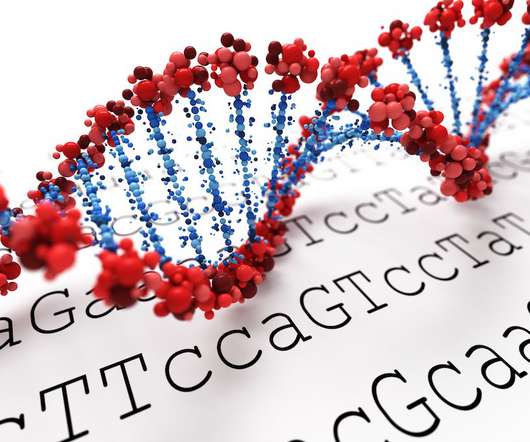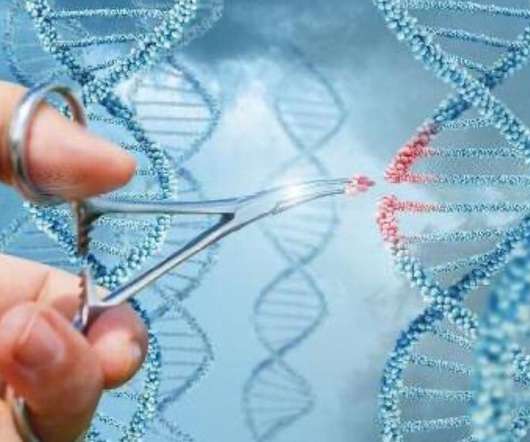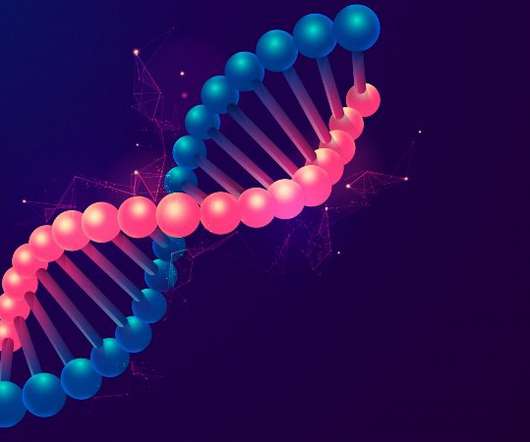Nucleome raises £37.5m to shine light on ‘dark genome’
pharmaphorum
OCTOBER 19, 2022
million ($40 million) first-round financing that will be used to explore so-called ‘dark’ regions of the human genome. Nucleome’s platform adds 3D genomic information to a wealth of available genomic data, uncovering a new dimension of information that is disease as well as cell type-specific.
















Let's personalize your content